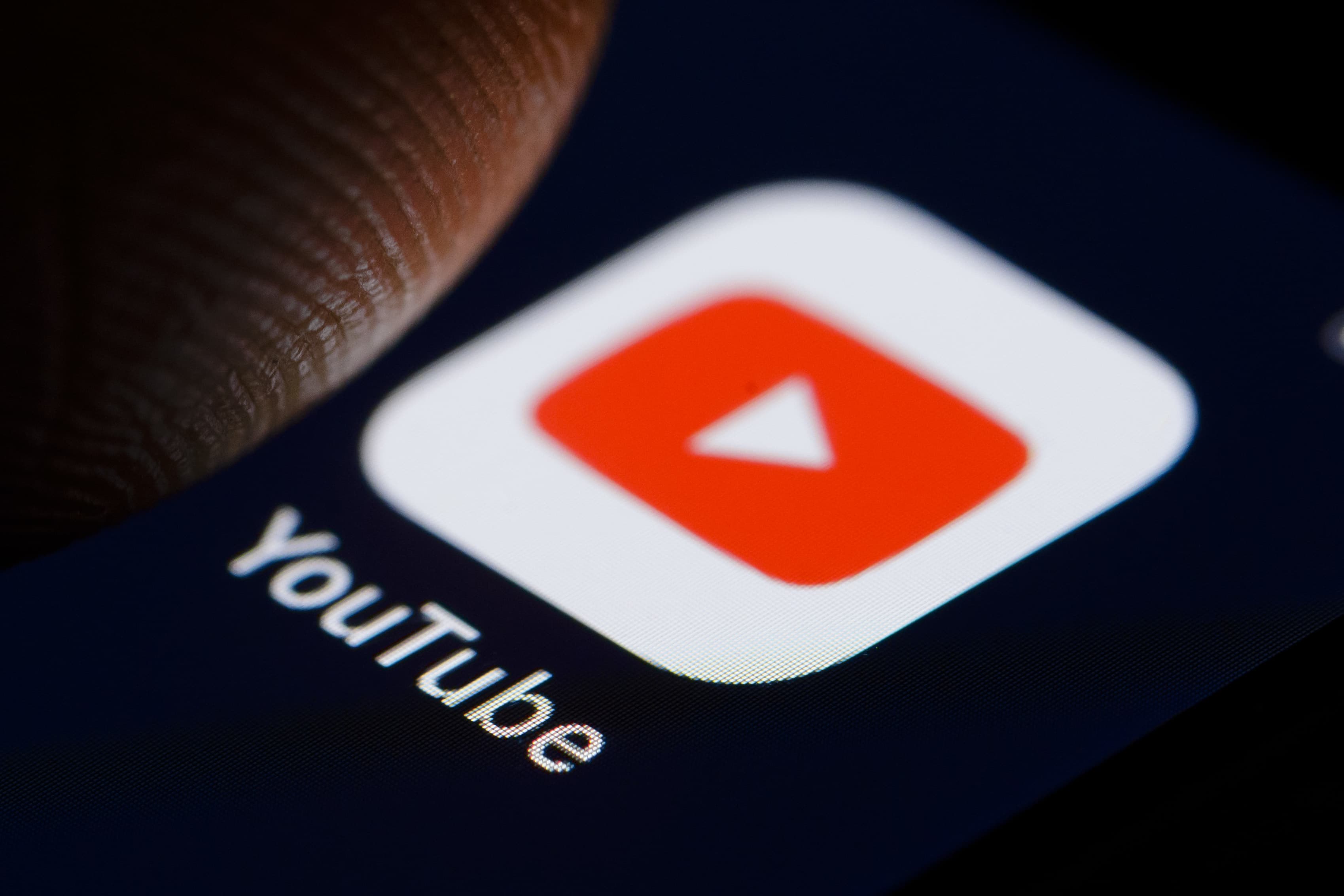I'm not too sure tbh about what specifically OFCOM deal with but RT aside, I'd say broadcast media remains the most trustworthy and balanced way of getting news. That might have nothing to do with OFCOM or it could be the case that there's something to learn from there in terms of regulation.
I do think social media needs regulating and their algorithms or human decisions need to be made transparent so that regulators can see which results or news are being filtered out and whether they've been fairly filtered out.
Look at the Hunter Biden thing. Twitter have apologised but there's no mechanism, as far as I know, for Twitter to be fined or reprimanded if you think they deserve to be. Likewise, today they've removed a politician's post for saying that 'masks don't work'. Again, it doesn't matter whether you believe that or not or support Biden or Trump, that's not an opinion that should be censored when the topic is so widely debated in the academic literature and was being reported in the mainstream media at the height of the first wave of the pandemic.
As for the Barrington declaration (I missed your earlier post), this is what Google have said:
https://support.google.com/websearch/thread/76181926?hl=en
You can make your mind up on that but I think it's bollocks. There are videos out there showing it's not on the first 10 pages of the Google search results.
It seems to me like they're being used as propaganda tools under the guise of removing 'fake news', and I think if they want to trade in the UK, they should be subject to regulation requiring impartiality. At the same time though, I get that regulation is potentially a vessel for state control in the wrong hands, and am happy to read arguments persuading me that that would be a bad idea.

